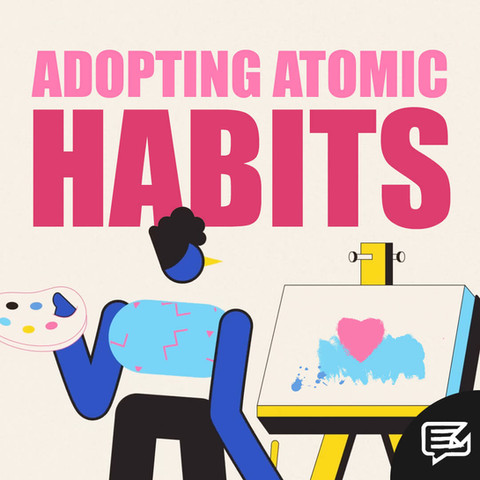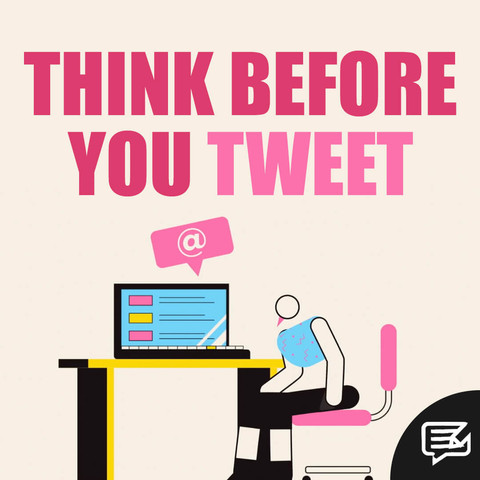
24.10.20
THE IMPACT OF MASKS ON FACIAL RECOGNITION
Wearing a mask should make you feel like some sort of superhero, like Batman or a swashbuckling, sword-wielding descendant of Zorro. Instead, you feel like an idiot every time FaceID fails on your iPhone. When will you learn?!
See, us regular folk just aren’t accustomed to wearing masks. The only special powers we exhibit are super low tolerance levels. We whinge and whine about how uncomfortable they are, how hard it is to breathe, how restrictive they feel… But masks can save lives. Perhaps we’re not so far removed from Batman, after all!



Except Batman doesn’t have trouble unlocking Apple Pay when buying groceries at the self-checkout in Tesco. That’s a problem reserved exclusively for us plebs. But is it really OUR problem?
We didn’t design the technology. Apple did. So what are they going to do about it?
An article in The Guardian from August 2020 outlines the core issue Apple is facing:
“As more and more nations mandate masks to prevent the spread of coronavirus, technology companies are scrambling to keep up with the changing world…
“Apple’s Face ID is the most well-known example of a consumer facial verification system. The technology, which uses a grid of infrared dots to measure the physical shape of a user’s face, secures access to the company’s iPhones and iPads, as well as other features such as Apple Pay.
“But although the service can work through many barriers, including heavy makeup, thick beards and even sunglasses, it fails with masks.”
Modern facial recognition technology tends to rely heavily on the area around the eyes, meaning that it’s far from impossible to recognise a user wearing a mask. Instead, the problem lies with a task called “genuine presence assurance” – the ability to distinguish between a real human being and a so-called “spoof”.
According to leading facial recognition company iProov, “genuine presence assurance” allows organisations to confirm that the person that is interacting with the device is:
1) The right person
Does this person exist and have the right to access the online account or service?
2) A real person
Is this person a human being and not a photo, a mask, or other presentation attack?
3) Authenticating right now
Is this person authenticating themselves right now and not a video, deepfake, or other replay attack?
So, what can be done?
Back in March, Reuters reported that Chinese company, Hanwang Technology Ltd, had developed the country’s first facial recognition technology that could identify people wearing a mask:
“The Beijing-based firm said a team of 20 staff used core technology developed over the past 10 years, a sample database of about 6 million unmasked faces and a much smaller database of masked faces, to develop the technology.
“The team began work on the system in January, as the coronavirus outbreak gathered pace, and began rolling it out to the market after just a month.”
Their efforts resulted in two key products. One focused on “single channel” recognition (the type used at the entrance to office buildings), and the other a “multi-channel” system that relies on several surveillance cameras.
Lucky then (!) that China’s vast surveillance state reportedly extends to more than 172 million cameras - roughly three times as many as are operating in the US. A real-life Truman Show, if you will.
Meanwhile, in Moscow, 105,000 cameras across the city actively seek out citizens who flout lockdown rules. According to ABC News:
“Moscow’s technology works through training a neural network (machine learning modeled loosely on the human brain) to recognize faces by feeding it millions of images. The system can then construct a unique profile for each face it analyzes…
“The AI software scans and creates a temporary profile for every person passing in front of the tens of thousands of cameras and compares them to those of people on a watchlist… If the system detects a match, it sends an alert to a police command center.”
The article continues:
“Originally designed to catch criminals, authorities have found the system can be used to track people during lockdown. Since late March, Moscow residents have been ordered to stay in their homes, except for visiting grocery stores, pharmacies or seeking urgent medical care. Those who don't obey face fines.
“For now, the facial recognition technology is being used only to monitor a narrower category: those who have tested positive for the virus or deemed high risk of having it, including those returning from abroad.”
The primary developer– a company called NtechLab – also hopes to roll out silhouette-analysing functionality, allowing the system to spot large gatherings and automatically detect if people stand too close together.
If the existing system does indeed deliver in policing Coronavirus - and there are plenty who have doubts - it’s both brilliant and utterly terrifying. I’d take snitching on my neighbours over surveillance-on-steroids any day!
In the UK, we can only hope that ongoing efforts to improve facial recognition are for our benefit (to spare our blushes for holding up the line in the supermarket!) and not to meticulously monitor our every move, but I expect we’ll never know for sure.
Knowledge is power, after all, and we know from the great George Orwell that no one ever seizes power with the intention of relinquishing it:
“Power is not a means; it is an end.”

























































